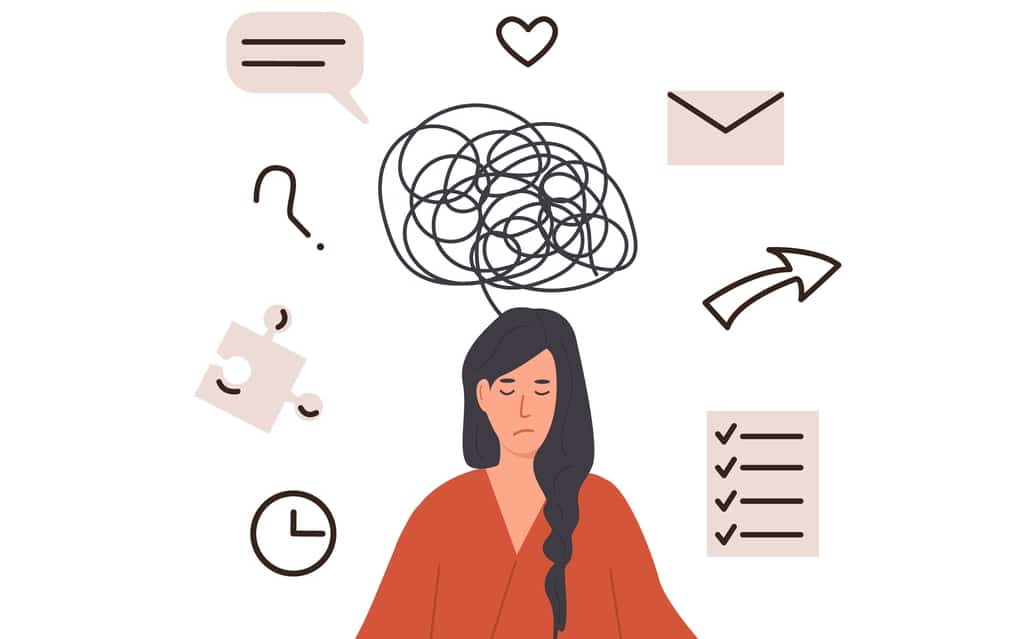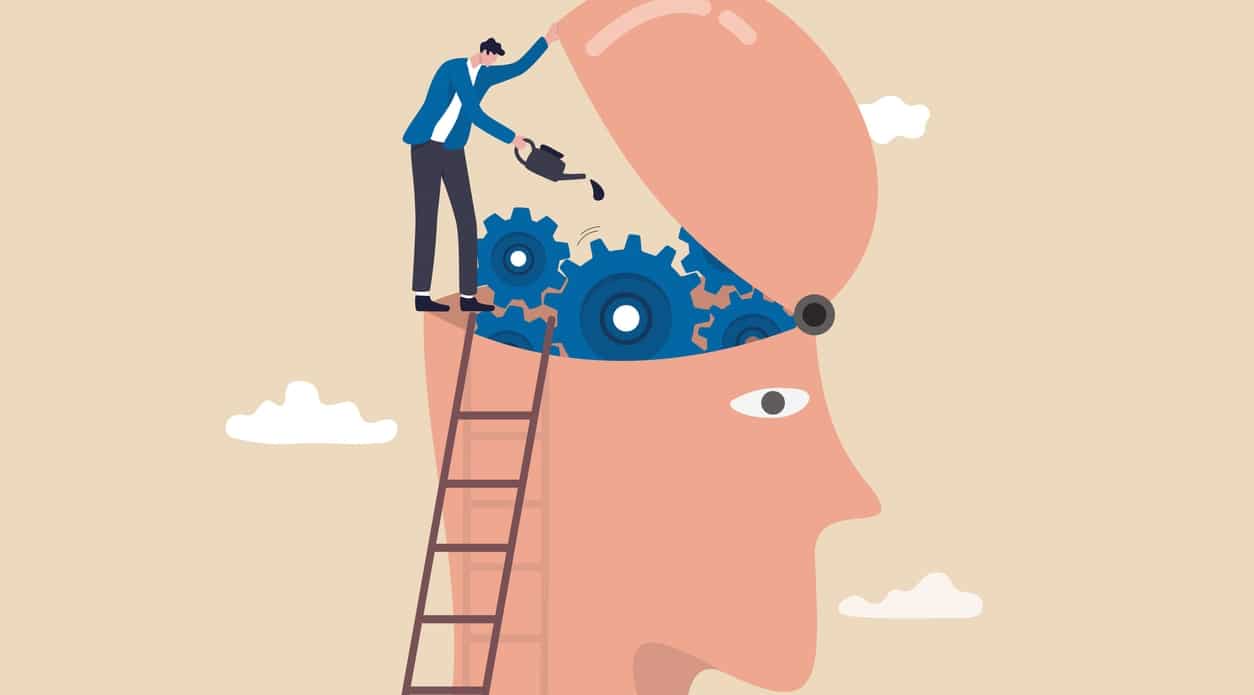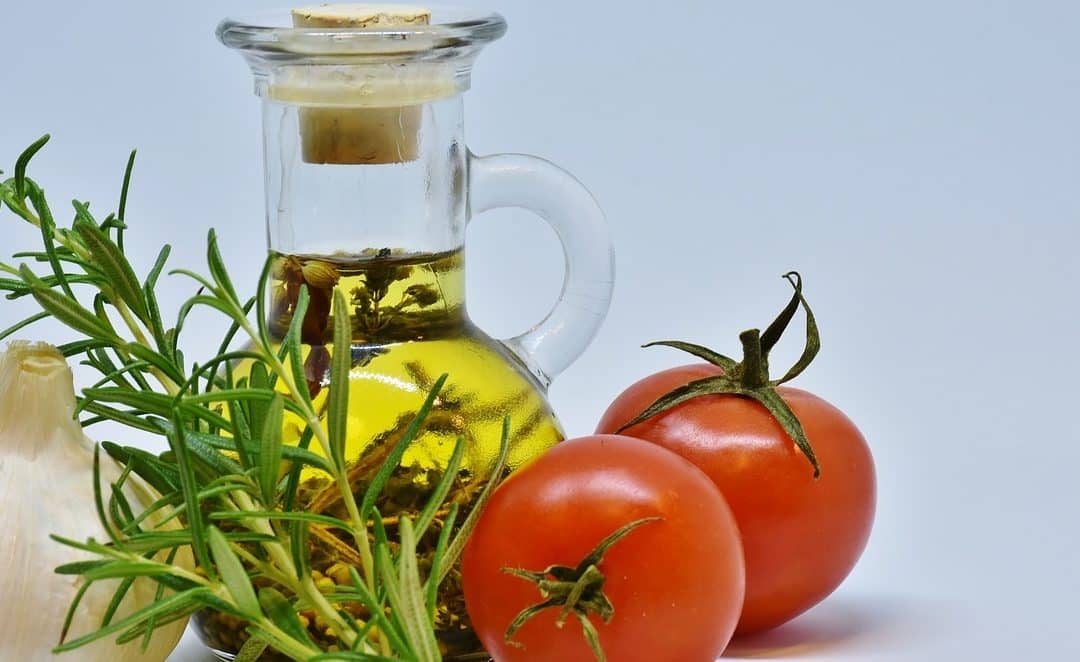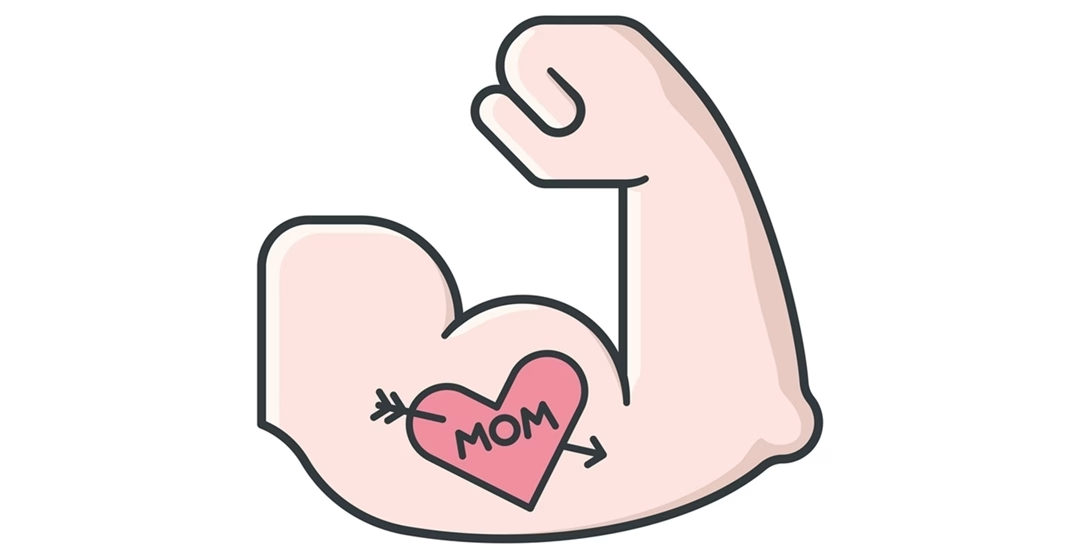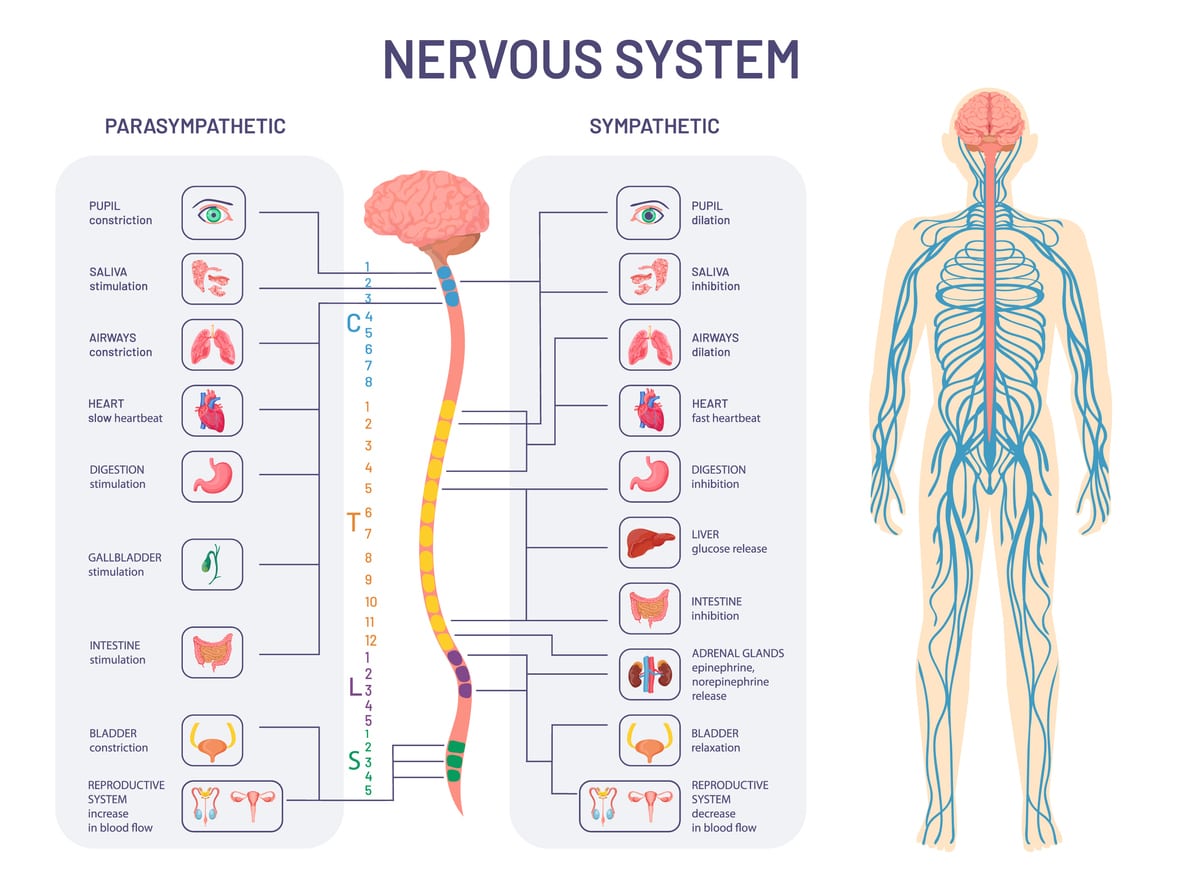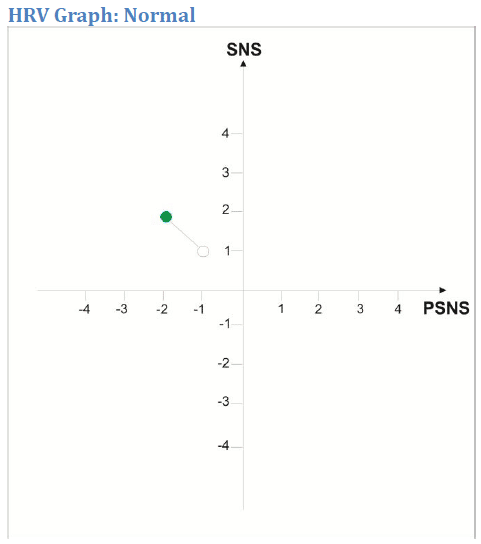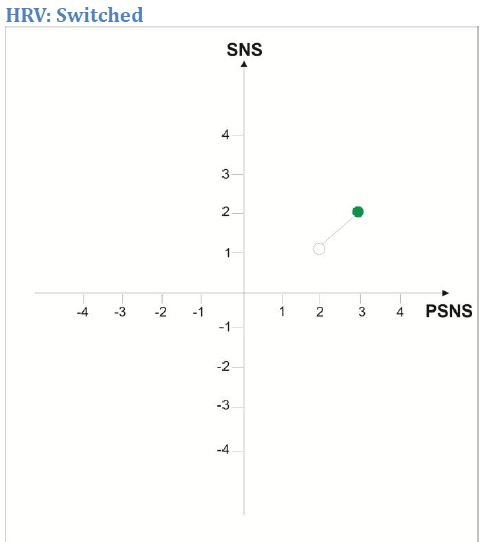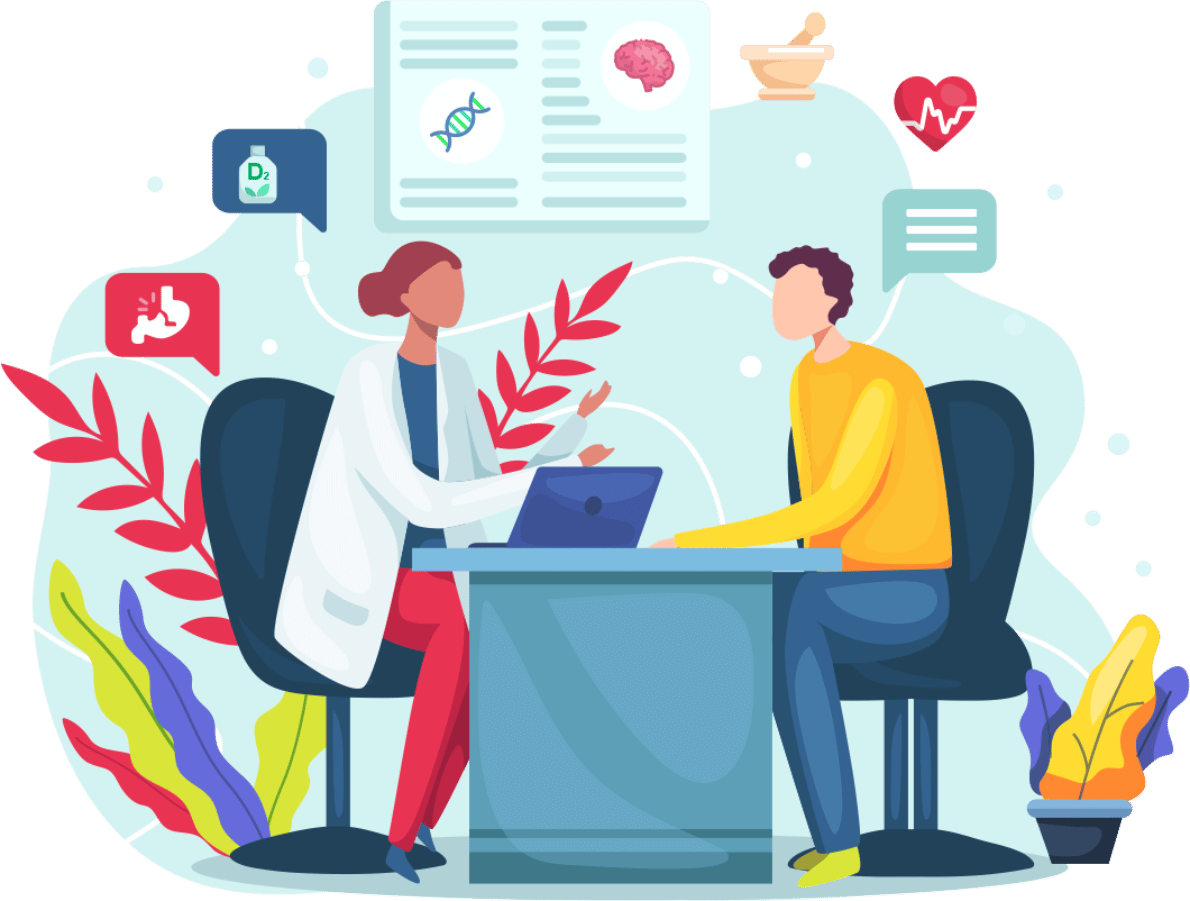
What are the Causes for Women’s Health Issues?
What Are the Causes for Women’s Health Issues?
It goes something like this: “I’m prescribing you birth control pills to control your (fill in the female problem).”
Millions of American women have heard some version of this script from their doctors. The message is clear: many female health problems have no real medical solutions. Oral hormones do not fix the underlying causes for problems such as:
- Heavy, painful cycles
- No cycle
- Irregular cycle
- PMS
- Severe mood swings or depression with cycle
- Bloating, back pain, acne, breast tenderness, diarrhea, constipation, weight gain, fatigue with cycle
- Headaches or migraines related to cycle
- Uterine fibroids
- PCOS (Polycystic Ovarian Syndrome)
- Endometriosis
- Abnormal PAP smear
- Severe cramping
- Ongoing bleeding or spotting
Solutions do exist for all the above problems. However, the real solutions are not treatments for these problems but rather resolutions for their causes.
If you find that statement hard to believe, that real resolutions for the causes exist, you might be experiencing hopelessness.
It might be time for an entirely different approach.
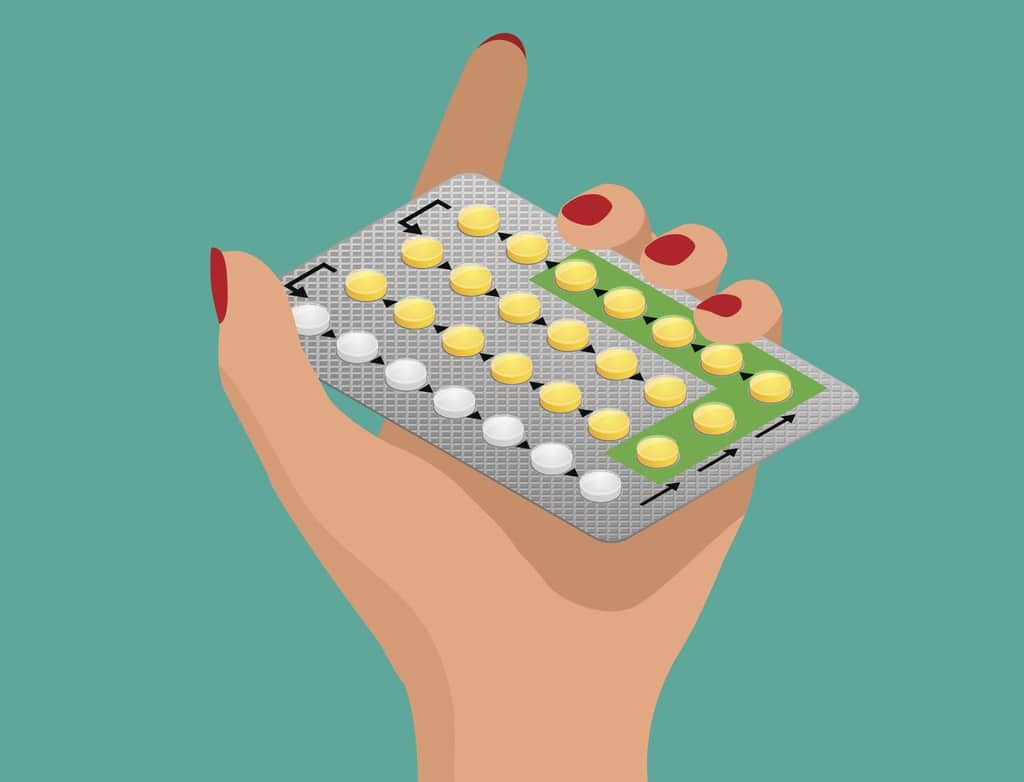

Causes of Female Problems
Despite what your doctor may tell you, your female problems are not caused by a deficiency of birth control pills.
Female problems are caused by the same stress factors that can create many other health problems in both women and men.
- Viruses, bacteria, and fungus. These infectious agents can cause damage to cells and tissue, imbalances in pH, and interfere with hormone function.
- Food sensitivities. One of the most common reasons for female problems, sensitivities can cause stress to hormone glands, nutritional deficiencies, and overall systemic stress.
- Environmental toxins. Your hormone system relies on a delicate balance of many chemical compounds. These are susceptible to interference by many toxins in the environment and food.
- Diet problems. Overeating sugar, insufficient protein, insufficient calories, inadequate nutrition (vegetables and fruits), or too much junk food can accelerate damage from viruses, bacteria, and especially fungus. A poor diet can cause systemic stress and inhibit the immune system, making it increasingly difficult for your body to heal.
- Birth control pills. One common cause of female problems is birth control pills, especially when a woman has been on them for decades.
Do you find it ironic that the “cure” (birth control pills) can also cause health problems?
An excellent description of the effect of birth control pills is from Dr. Kate Placzek, “Birth control pills interfere with a woman’s key function —her ability to have natural hormonal production — stealing her inherent and necessary rhythms, and making her infertile, by substituting manufactured chemical mimics for her real hormones.”
Solutions: What to Do?
In most cases of female health problems, your body has become unable to maintain and heal completely.
As time goes on, additional stress and damage build up, and this overwhelming stress becomes the symptoms you are feeling.
Many layers of complex damage prevent these problems from resolving by medical treatment. The only successful resolution of this problem is to address the primary cause: your body can’t completely heal itself.
My treatment programs address just this: getting your body to recover its ability to heal itself. I work with patients to reduce stress, supply raw materials, and eliminate barriers to healing. Your body healing itself creates 100% of my results.
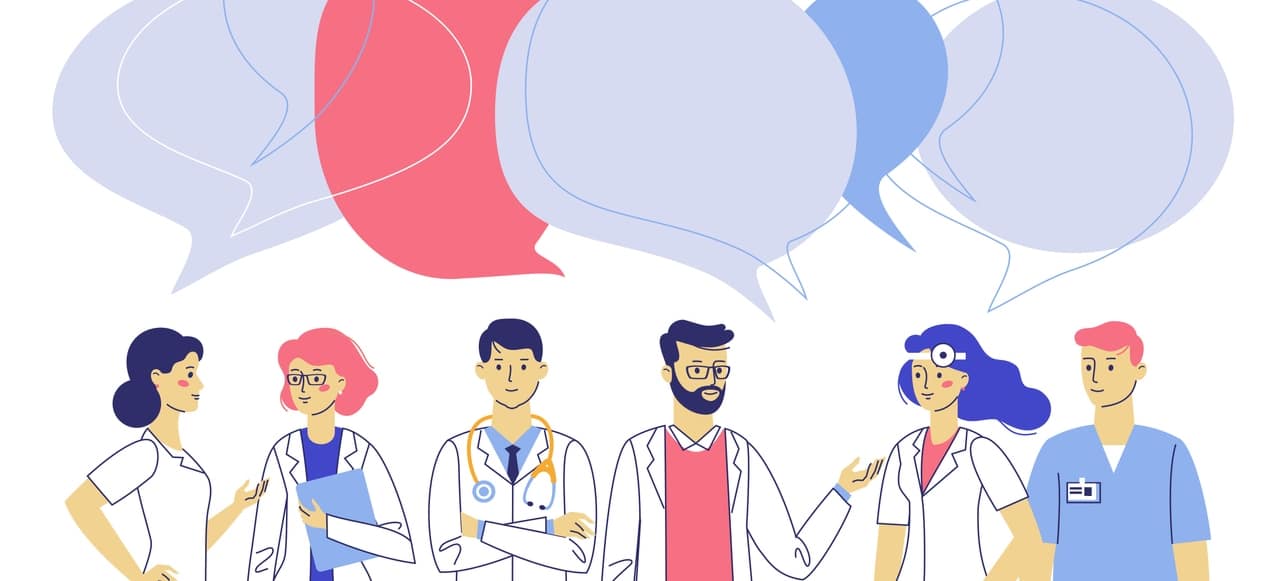

One Accurate Test is Worth 1,000 “Expert Opinions”
The best solution in many cases of women’s health problems is:
Get tested to determine what factors are preventing your body from healing.
If you don’t do this, you will be guessing, trying one thing after another to see what might work, researching the internet endlessly, and finding little that actually helps.
A word of caution: Discovering the cause(s) of your health problem is just the first step. You’ll also have to do something effective to assist your body in regaining its ability to heal.
If you have a stubborn/long-term health problem, there is no single treatment, drug, supplement, or diet that will solve it.
Read that last statement again. It’s important.
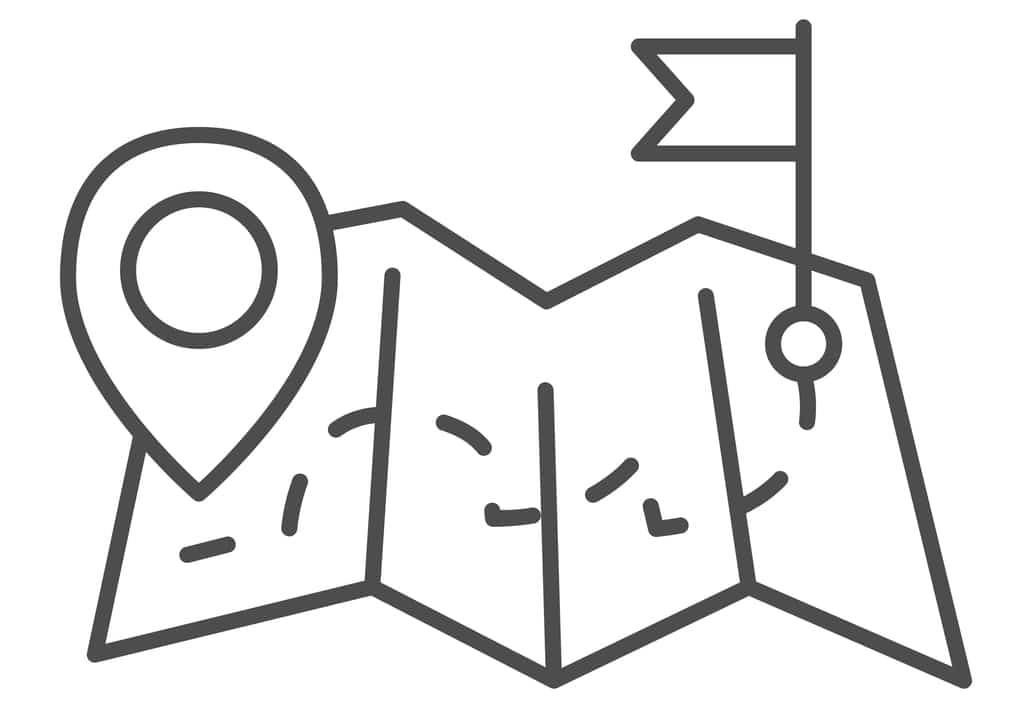

You Don’t Need a Single Treatment; You Need a Guide and a Program
You need an entire program to work with your body, diet, and lifestyle to restore your life and health. You’ll also need a guide to work with you through the program and ensure you get complete results.
It doesn’t have to be hard. Often a health treatment program takes much less time than you may imagine.
I understand how you feel; it was my own frightening female health diagnosis that inspired my clinic. I’ve been where you are myself!
I’ve been helping the most stubborn health cases for 28 years and have developed a comprehensive program that is individualized and unique to you. What I do isn’t a secret! You can go to my Information and Education Hub webpage and read as much as you like about what I do and how it works.
Here is your plan:
- Use the link below to go to my online health quiz.
- Fill out the quiz and submit it.
- We’ll call you and do a phone consultation to determine if it’s likely that we could help you.
- You’ll get started toward feeling better and achieving your diet and health goals.
DON’T GIVE UP! DON’T BE STOPPED. DON’T DELAY OR “THINK ABOUT IT.” TAKE ACTION RIGHT NOW TO DISCOVER IF THIS IS THE SOLUTION YOU HAVE BEEN LOOKING FOR.
TAKE THE QUIZ! GET YOUR ENERGY (AND YOUR LIFE) BACK!
TO START YOUR PLAN: Fill out an online questionnaire
Submit your Questionnaire, and you’ll receive a complimentary consultation to get more information about causes to your problems and your individual health questions answered.
Female Problems Resolving!
I have had 25 years of hormone problems that are finally resolving! After a late menarche that was finally initiated with progesterone injections, I had very irregular cycles for my entire life. I had infertility that was nonresponsive to fertility treatments and now at age 42 was suffering from menopausal symptoms for several months. With help from Alternative Health Atlanta, I have been able to restore normal menstrual cycles and the peri-menopausal symptoms are of course almost 100% subsided. In addition, severe adrenal stress is now healing itself as well. My goodness, I have been chronically fatigued for years and now I’m thrilled to have more energy and much higher productivity. Thank you to Dr. Billiot!!! — L.H.


